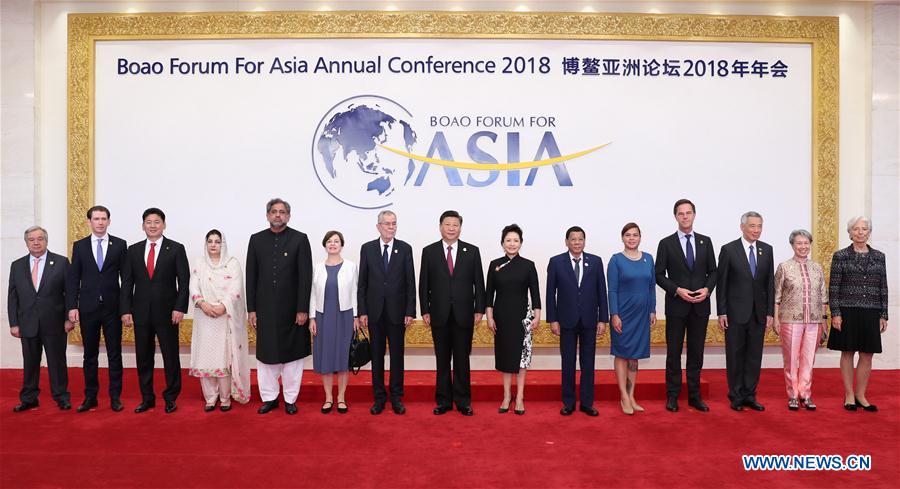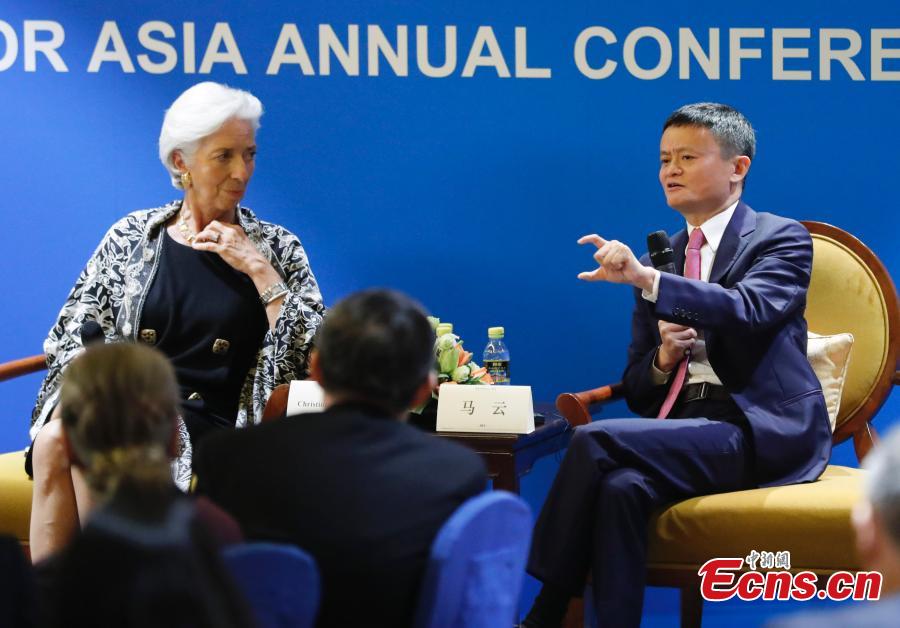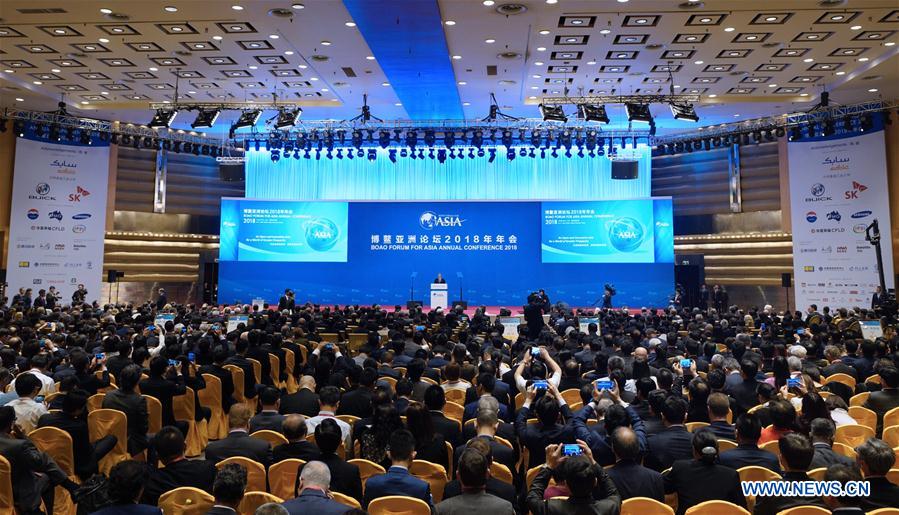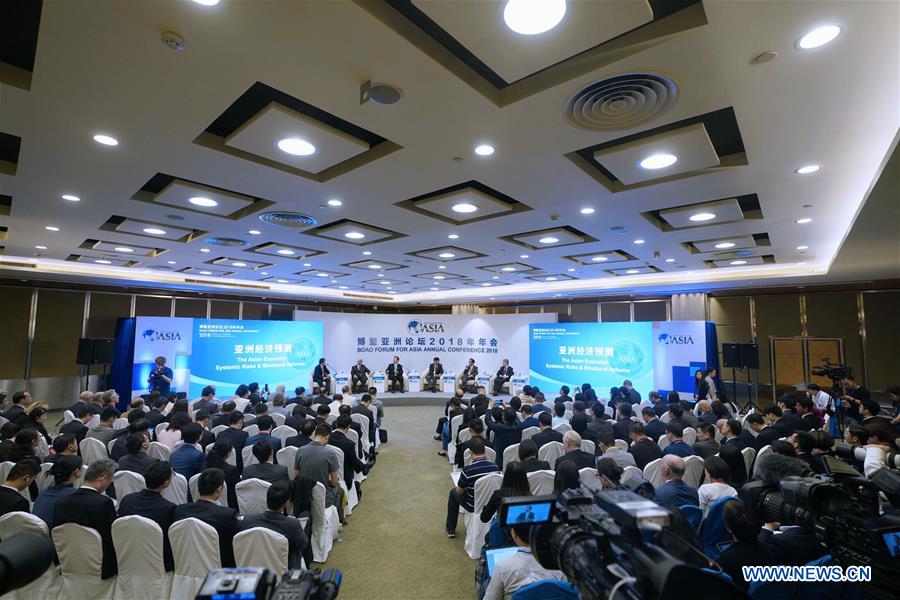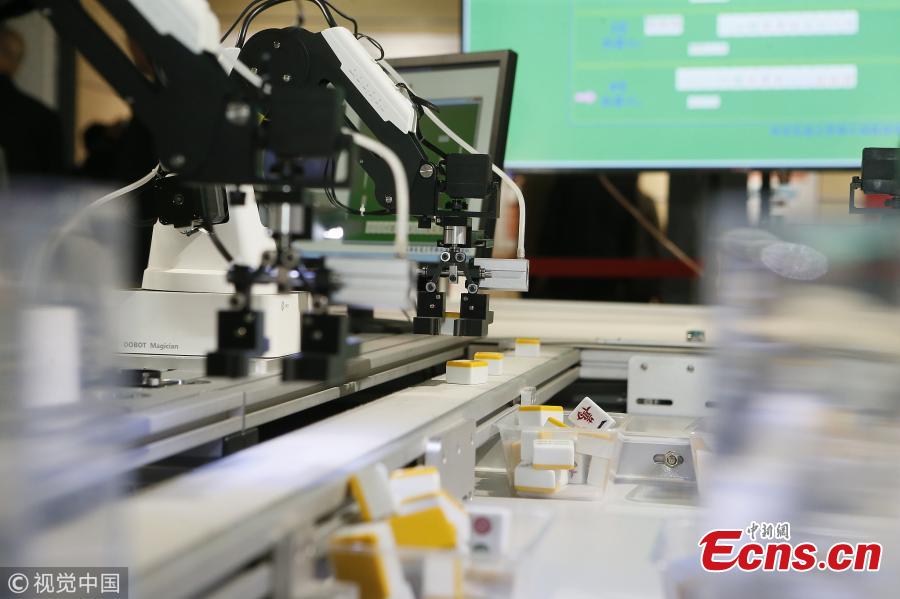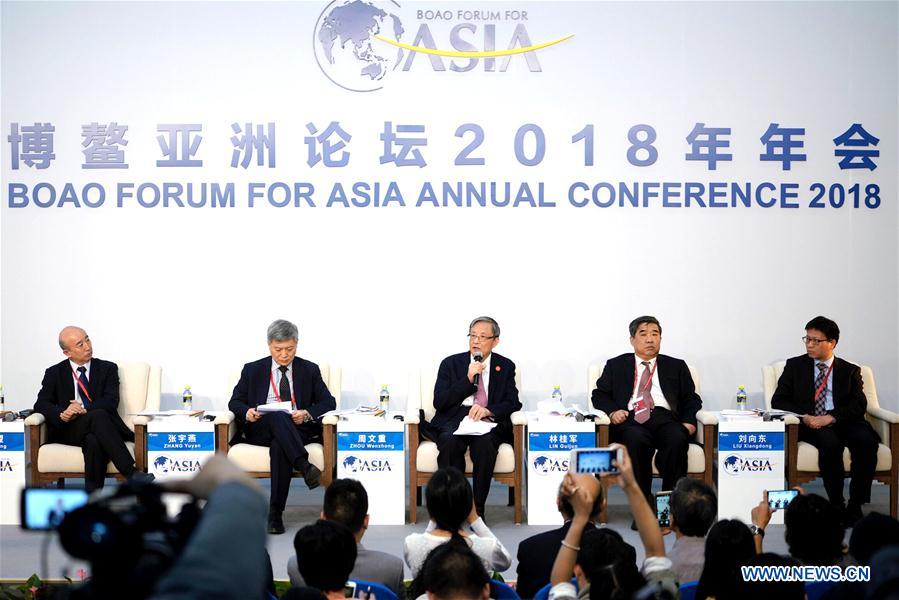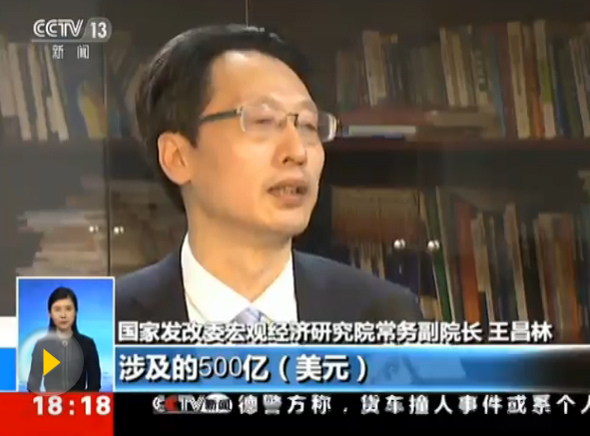
Wang Changlin, vice president of the National Development and Reform Commission (NDRC)'s Academy of Macroeconomic Research Institute, talks about trade frictions between China and the U.S.. (Photo/Video Screenshot)
(ECNS) -- Trade frictions between China and the U.S. will have a limited impact on China's economy, according to Wang Changlin, vice president of the National Development and Reform Commission (NDRC)'s Academy of Macroeconomic Research Institute.
Wang said China's economy is stable and resilient, with a robust growth momentum and huge market potential. "The tariffs imposed by the U.S. will have some effect, but the overall impact will not be big."
Wang argued that China's job market is safe because the country's economic driving force is expanding domestic consumption rather than exports. China is set to deliver on its 6.5 percent growth target as well as create 11 million jobs in urban areas, he said, and shrinking exports to the U.S. will not lead to large-scale lay-offs in China.
In addition, there has been limited fallout over prices despite increased tariffs on imported soybeans and pork from the U.S., with China's Consumer Price Index expected to be up around 2.4 percent for the whole year, or well under the 3 percent target, he said.
China has imported U.S. soybeans worth about 13 billion to 16 billion U.S. dollars in recent years, accounting for about 60 percent of total imported farm products from the U.S.. Although soybeans have influence on CPI through oil, fodder and bean products, the oil supply in China is sufficient. Domestic soybean oil's price may rise with changed tariffs, but palm oils will make up for it, so the overall oil prices will not change much.
Also, tariffs imposed by the U.S. will be shared by exporters, upstream raw material suppliers and U.S. purchasers, rather than just Chinese companies, he said.
Wang said China can ensure economic stability and sound growth only if it adheres to quality-oriented growth and continues reform and opening up.










